10 Graceful Ways To Deal With IBS
Irritable bowel syndrome, or IBS, is anything but a graceful disease. It is a common disorder characterized by abdominal pain, gas, cramping, diarrhea, constipation, and bloating in the large intestine. Unlike irritable bowel disease, irritable bowel syndrome does not involve inflammation in the colon, nor does it cause changes in the tissue that may lead to colon cancer. Managing symptoms can be hard even with the use of medication. Here are some tips for coping as best as possible.
Develop A Routine
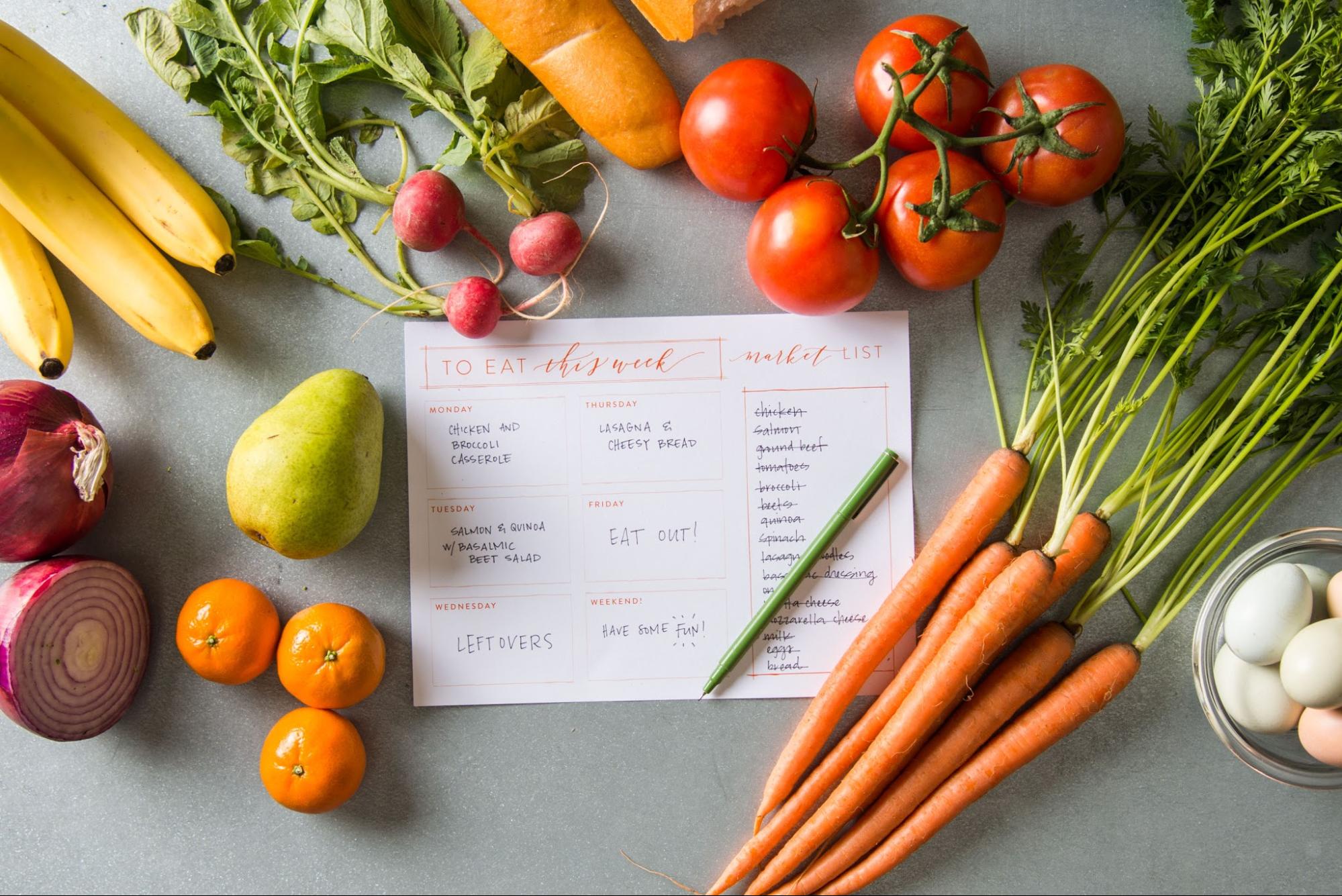
The digestive system functions best when it is on a schedule. Establish a routine by eating at the same times each day and planning bathroom breaks accordingly. Enjoy the largest meal of the day in the morning and allow enough time to use the bathroom before leaving for work. Do not leave the house without emptying the bowels as this may cause digestive problems later in the day at an inconvenient time, such as at work or school.
Eat Smaller Meals Frequently
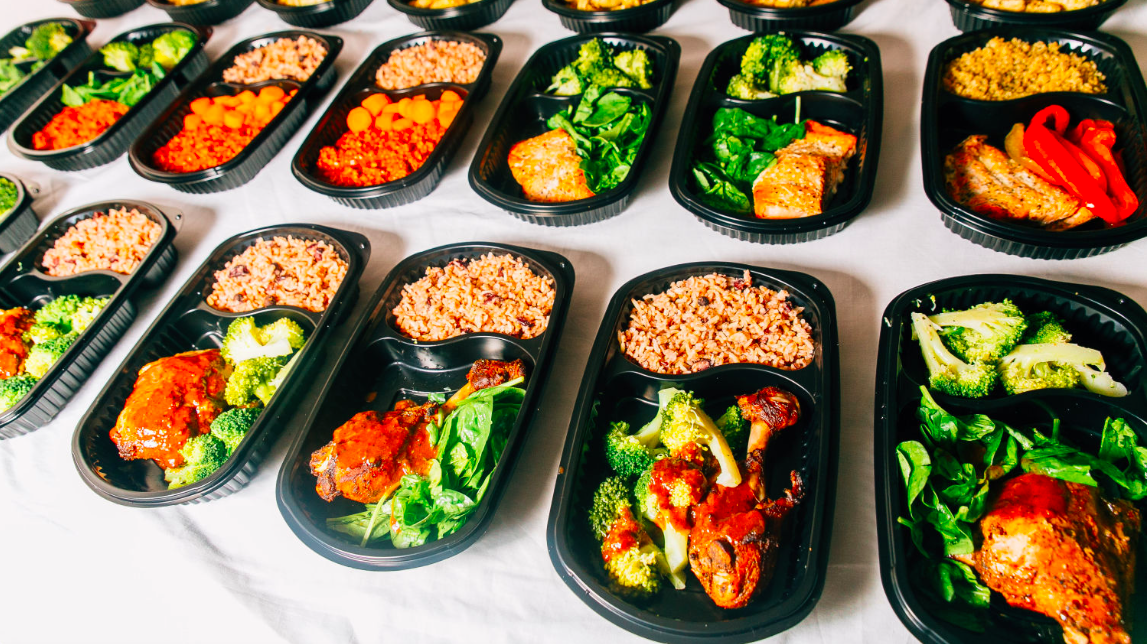
Eating five or six smaller meals a day might be easier to digest than three big ones. Aim for three to five hundred calorie meals every two to three hours throughout the day. Smaller meals are easier to digest than larger ones as they do not require as much effort from the digestive system. Eating smaller meals more frequently relieves symptoms of irritable bowel syndrome by giving the digestive system a break. It also ensures the body absorbs proper amounts of nutrients as large quantities of food are not overtaxing the digestive system.
Try Hot Tea For Constipation

Laxatives are a dangerous way to deal with constipation as they cause more irritation to the digestive system. Hot tea, especially caffeinated teas such as black tea or green tea, is soothing on the stomach, allowing the gastrointestinal tract to relax and eliminate fecal matter with ease. Caffeine intake should be limited to one or two cups each day as this can be an irritant on the digestive tract. If caffeine is bothersome, try hot water with lemon as this is equally as soothing and the lemon acts as a cleansing agent.
Wear Relaxed Or Comfortable Clothing

Clothing that is too tight may cause additional abdominal pain. As bloating is a common symptom of irritable bowel syndrome, do not increase the pressure on the stomach by wearing clothing that is too tight. If business casual clothing is a must, spend some time shopping and trying on clothing that will not restrict the abdominal area too much. Women may want to opt for maternity slacks to provide some room in the stomach area while men may want to go up a size in pants for optimal comfort.
Exercise Intelligently

Exercise is an excellent natural treatment for constipation as it gets things moving in the digestive tract, but keep in mind that exercising with irritable bowel syndrome may also require some planning ahead. Avoid going for runs or walks outside where no bathrooms are available until the condition is under control. Play it safe by exercising indoors at a gym or another facility that has a bathroom nearby. Or invest in an aerobic machine and weights to workout from home.
Public Bathroom Etiquette
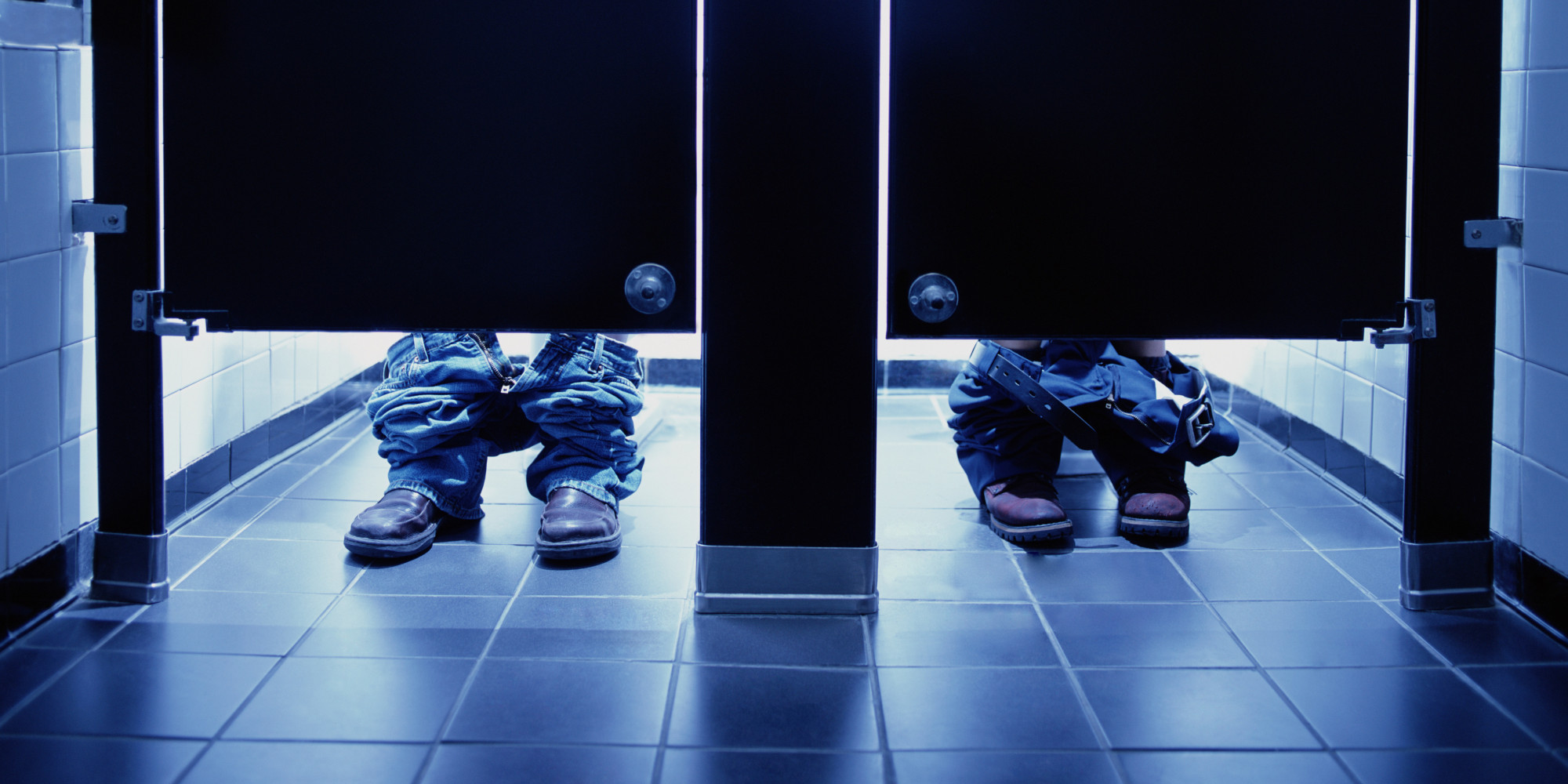
Using a public bathroom with irritable bowel syndrome can be embarrassing. If at all possible, look for a single stall bathroom for optimal privacy. If no single stall bathrooms are available, try waiting until the public bathroom is empty before entering. If that is not possible and the bathroom is crowded upon entrance, try to relax. Tensing up will likely cause more embarrassing gas and discomfort. Flushing often is a good way to indicate to others there is a problem.
Avoid Processed And Hard To Digest Foods

Abdominal pain and embarrassing gas can be relieved by eliminating certain hard to digest foods from the diet. These may include cruciferous vegetables, grains, gluten, and dairy, all of which may cause stomach pain, bloating, and gas. Processed foods and refined sugars may also contribute to digestive issues. If vegetables are problematic, try steaming them first to make them easier to digest. Use anti-inflammatory foods such as sweet potatoes over white potatoes whenever possible.
Keep Medications On Hand
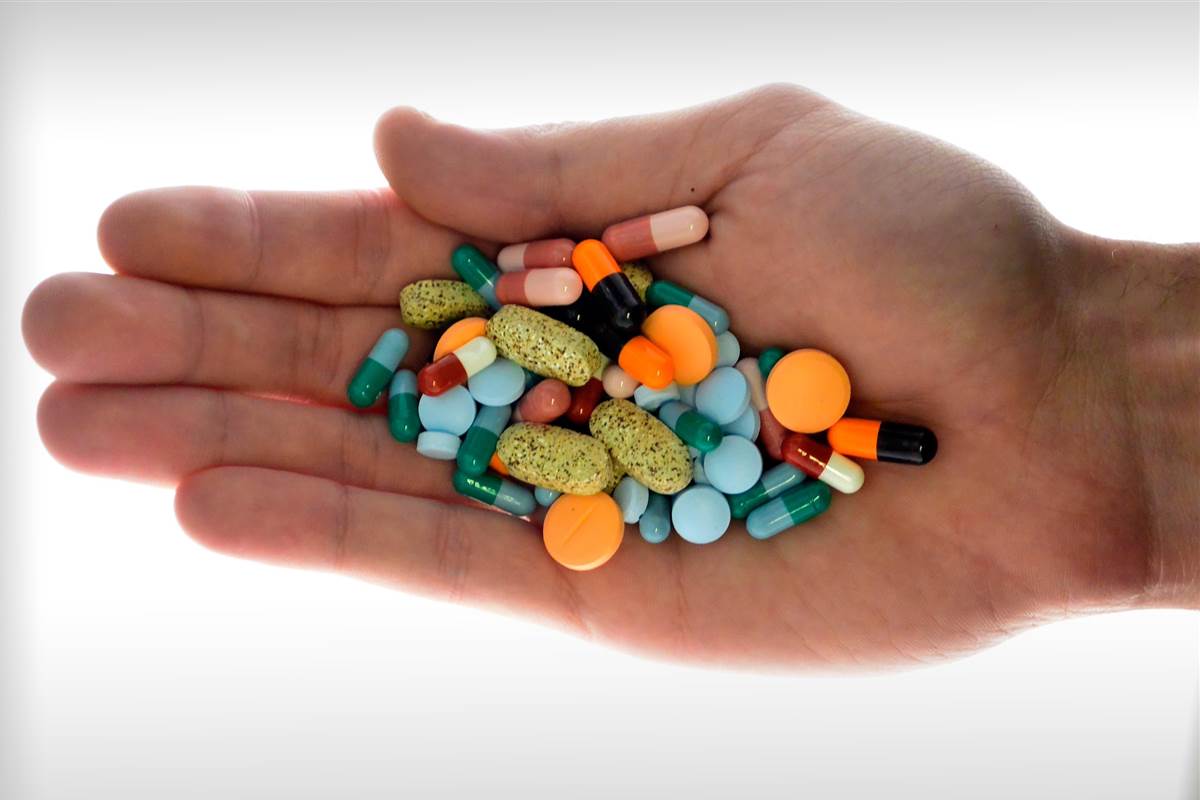
Many people take medications first thing in the morning, but it is a good idea to carry an emergency stash just in case. These may include diarrhea medications to reduce the number of bowel movements, probiotics to naturally soothe the digestive system and promote overall health, gut antispasmodics to reduce pain, bloating, and stomach spasms, laxative teas for constipation relief, and pain medications. Having these medications on hand takes the worry out of traveling or being on the go all day.
Activated Charcoal
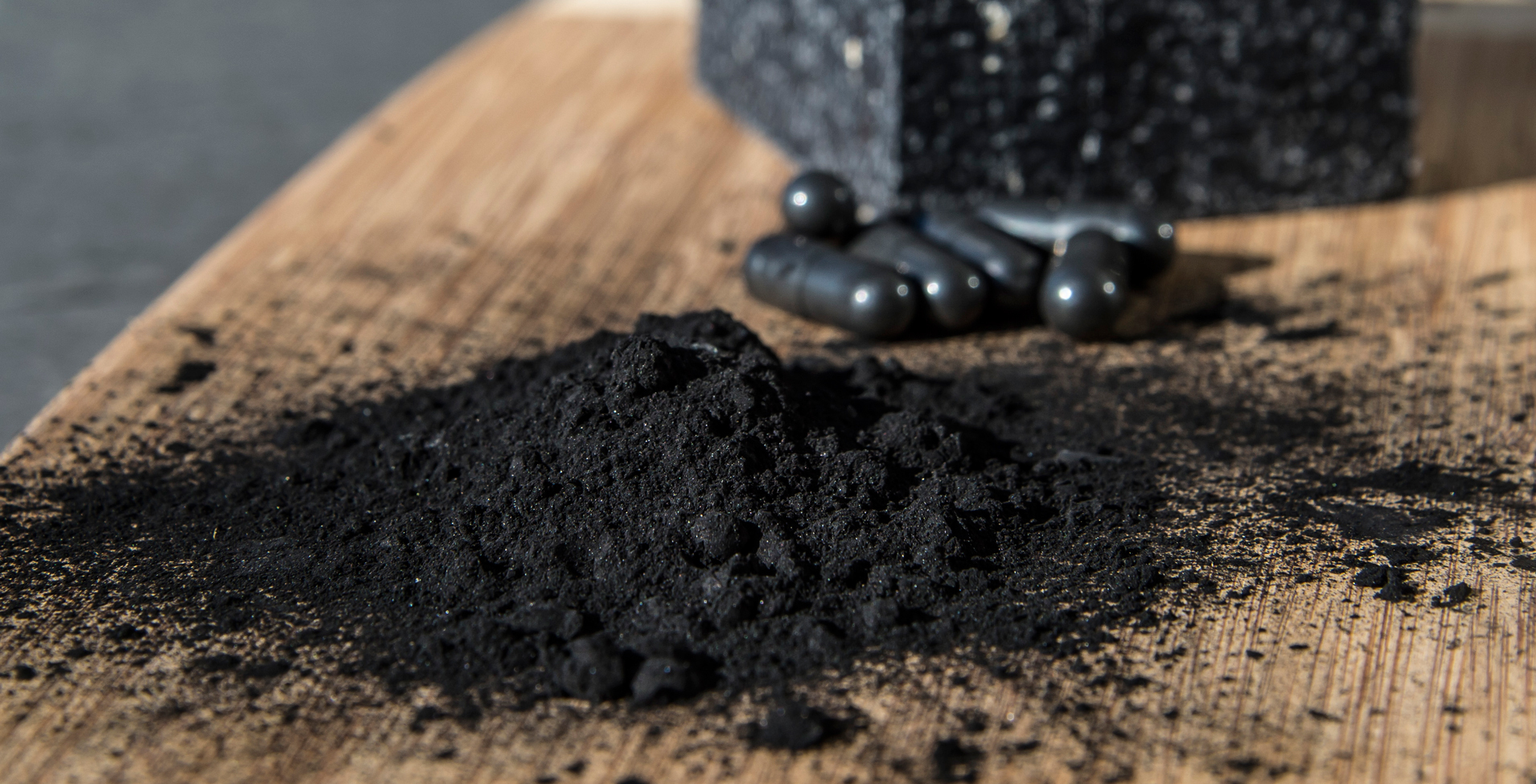
Activated charcoal is a natural supplement that safely extracts toxins from the body. It has been shown to reduce gas and abdominal pain in patients with irritable bowel syndrome. As a powerful detoxifying agent, activity charcoal works by trapping toxins in its pores and moving them out of the body. According to a 2014 study published in the American Journal of Gastroenterology, activate charcoal prevents intestinal gas following a heavy meal. Be sure to drink lots of water when supplementing with activated charcoal as it causes dehydration fairly quickly.
Digestive Enzymes

Digestive enzymes are needed to break down fat, protein, and carbohydrates in the body. Most cases of irritable bowel syndrome occur when there is trouble breaking down nutrients. Supplementing with digestive enzymes may reduce intestinal gas, bloating, constipation, and pain. Digestive enzymes also help improve the absorption of many vital nutrients and boost metabolism by improving the efficiency of the gastrointestinal tract. Some people with severe cases of irritable bowel syndrome find it helpful to take digestive enzymes with every meal.
